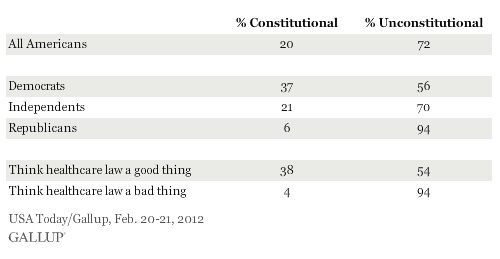- Revenue Cycle Management
- COVID-19
- Reimbursement
- Diabetes Awareness Month
- Risk Management
- Patient Retention
- Staffing
- Medical Economics® 100th Anniversary
- Coding and documentation
- Business of Endocrinology
- Telehealth
- Physicians Financial News
- Cybersecurity
- Cardiovascular Clinical Consult
- Locum Tenens, brought to you by LocumLife®
- Weight Management
- Business of Women's Health
- Practice Efficiency
- Finance and Wealth
- EHRs
- Remote Patient Monitoring
- Sponsored Webinars
- Medical Technology
- Billing and collections
- Acute Pain Management
- Exclusive Content
- Value-based Care
- Business of Pediatrics
- Concierge Medicine 2.0 by Castle Connolly Private Health Partners
- Practice Growth
- Concierge Medicine
- Business of Cardiology
- Implementing the Topcon Ocular Telehealth Platform
- Malpractice
- Influenza
- Sexual Health
- Chronic Conditions
- Technology
- Legal and Policy
- Money
- Opinion
- Vaccines
- Practice Management
- Patient Relations
- Careers
Supreme Court Holds ACA Ruling until the End
The Supreme Court has determined to make the country sweat it out for as long as possible, apparently, and won't announce its decision on ACA until Thursday.
The Supreme Court has determined to make the country sweat it out for as long as possible, apparently. On Monday, the justices announced that they will rule on the health reform law on June 28, which is the very last day of this current term.
Initially, people were expecting for a decision to be made on President Barack Obama’s health care law last week; however, now the justices have made it clear that they won’t determine the fate of the Affordable Care Act until Thursday.
The act would extend coverage to some 30 million uninsured Americans and would massively overhaul the health care system. The law has continued to be controversial, splitting both patients and providers over whether or not ACA will actually accomplish what it is supposed to.
At the end of March, the Supreme Court heard arguments on the health care law, first on the legality of the individual mandate and then on the severability of the mandate. And by the end of the three days, it wasn’t clear where all of the justices stood.
The four liberal justices — Ruth Bader-Ginsberg, Stephen Breyer, Sonia Sotomayor and Elena Kagan — appointed by Democratic presidents, where clearly in favor of the law being upheld. While at least three of the five conservative justices — Chief Justice John Roberts, Clarence Thomas, Samuel Alito, Antonin Scalia and Anthony Kennedy — appointed by Republicans were firmly against the law.
Roberts and Kennedy were the best chance of siding with the liberals to uphold ACA. Kennedy is often the swing vote in cases where the court is split along ideological lines. And Roberts is often hesitant to go against Congress. However, it wasn’t clear if they had been suitably swayed by the end of the three-day arguments.
Even the American people aren’t quite sure on where they stand on the health care law. Support for the law is mixed, while 72% consider the individual mandate unconstitutional, according to Gallup polls.

A month before the Supreme Court heard arguments, Gallup asked people if they thought the individual mandate was constitutional or unconstitutional
.
The biggest concern, however, is that as time has passed, the American public hasn’t become any more supportive of ACA. In fact, it seems as if Americans were more positive about the law in March 2010 just after it was passed.
“Although President Obama and his supporters predicted that Americans would become more positive about the law after it passed and they had time to better understand it, that has not been the case,” Gallup editors wrote.
Americans have been split about just how beneficial the implementation of ACA will be to them. A third (34%) predicted that once all provisions of the law go into effect, that the law will make little difference to them, while 24% said the law would make their situation better and 38% said the law would ultimately make their family’s situation worse.
Given how split the American public is right now, it’s uncertain what the reaction will be when the Supreme Court delivers its decision this week. However, it will have a profound impact on the upcoming election.
